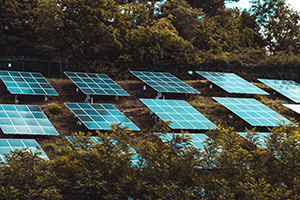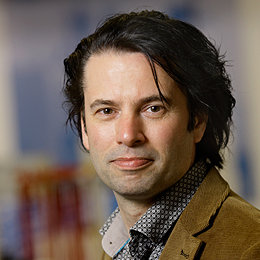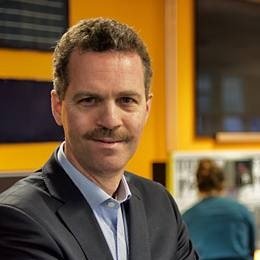TU Delft’s education as a driver for Photovoltaic Deployment to achieve Climate Neutrality by 2050
A research paper by experts Arno Smets and René van Swaaij from the Delft University of Technology (TU Delft) focusses on the acceleration of photovoltaic (PV) deployment and the impact of education in attaining climate neutrality.
Featured in the Renewable Energy and Energy Storage Systems collection of the Multidisciplinary Digital Publishing Institute (MDPI), the study underscores the pivotal role of education in realising the UN Climate goal of achieving net zero emissions by 2050. The research, which addresses key concepts discussed at a side event during COP27 on PV resources towards climate neutrality, explores the potential barriers to the transition, emphasising the need for comprehensive educational initiatives to empower stakeholders across various sectors.
Portfolio for impact
Among those examined, the portfolio of Energy Transition courses from the TU Delft Extension School of Continuing Education could provide valuable solutions to existing barriers. In particular, the paper recognises the impact of the first Massive Open Online Course (MOOC) on Solar Energy, launched in 2013. Its high popularity indicates a continuing strong demand for education in the field, particularly as the solar PV sector continues to expand, generating both direct and indirect employment opportunities. The online, self-paced format of the Energy Transition portfolio MOOCs (accessible for free to anyone with an internet connection), ensures the potential for widespread dissemination of knowledge, which is of added value to learners in low- to middle-income countries.
The research also sheds light on the MicroMasters® programme by Arno Smets (TU Delft’s Research Group Photovoltaic Materials and Devices), which is designed for individuals with relevant engineering backgrounds. With 75% of its participants being professionals seeking to enhance their expertise in the field, it attracts diverse age groups and an increasing number of female participants.
Empowered to act
It is remarkable how some learners, empowered by the acquired knowledge, translate this into applicable solutions, such as building PV systems in their homes or villages. The game-changing impact of the online courses is further illustrated by participants establishing solar businesses or making career changes within the energy transition sector. The courses are shown to equip individuals with technical skills and to also empower them to influence policy changes, overcome regulatory barriers, secure permits, and raise funding.
The study concludes by remarking on how such education is already building awareness of other key energy transition concepts around public acceptance, energy communities, and land limitation – an understanding which is vital to a successful pursuit of the net-zero emissions goal by 2050.
About the Authors
Arno Smets is Professor of Solar Energy in the Photovoltaics Material and Devices group at the TU Delft Faculty of Electrical Engineering, Mathematics and Computer Science. He is also Director of Education at the Extension School for Continuing Education and instructor of the Solar Energy MOOC, which has already attracted over 150.000 students worldwide.
René van Swaaij is Associate Professor in the Photovoltaics Material and Devices group at the TU Delft Faculty of Electrical Engineering, Mathematics and Computer Science. He is Programme Director of the MSc in Sustainable Energy Technology, and Academic Portfolio Director for the Energy Transition educational offer by the Extension School for Continuing Education
TU Delft Extension School for Continuing Education
Founded in 2014, it is an innovation-oriented organisation focussed on actualising the University’s Lifelong Learning Strategy. Working with faculty experts, it provides short (online) courses and programs to meet the current and future needs of lifelong learners and professionals, helping them to upskill themselves and remain relevant in areas of science, design, and engineering expertise of great relevance to the environment and society.


